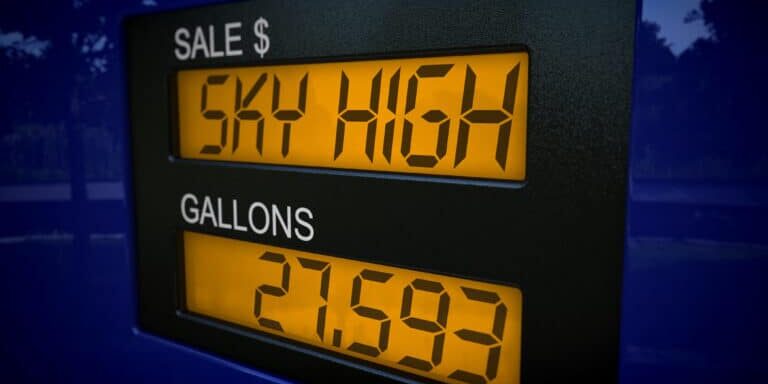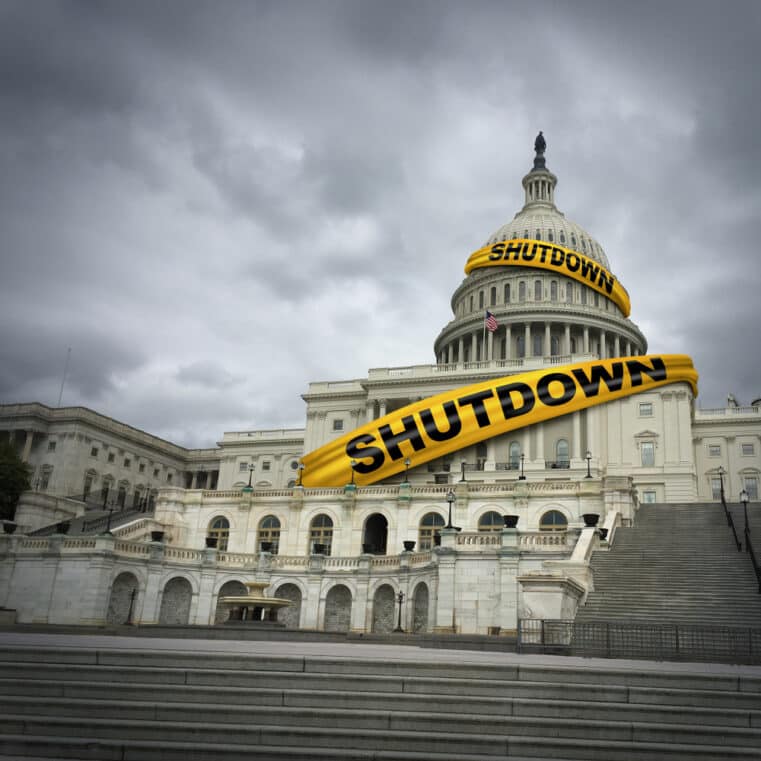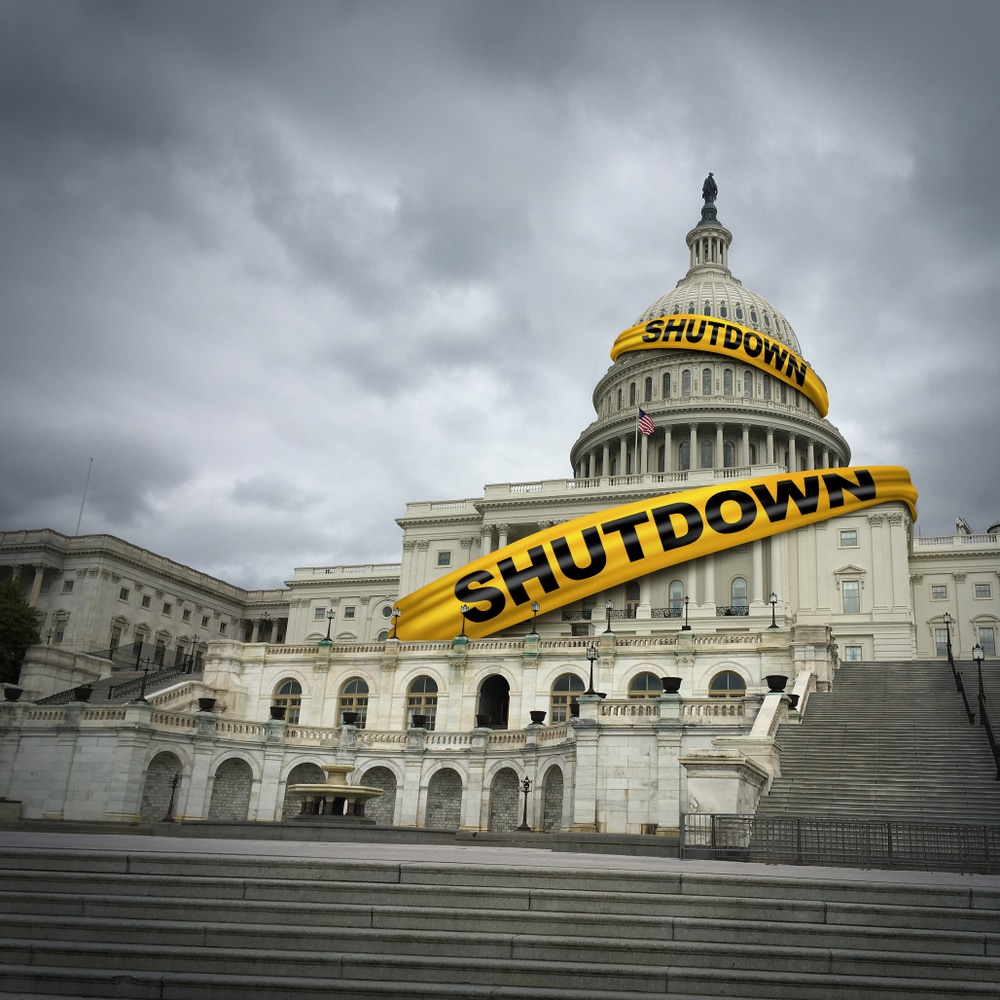
Sizzling Gas Prices: Refinery Woes and High Demand Spark Surge at the Pump
EDITOR'S NOTE: Notice how gas prices are rising with the summer heat? As temperatures soar and demand remains high, gas prices are on the rise, leaving consumers feeling the burn. Refinery production faces challenges in the scorching heat, impacting gasoline supply. With crude oil prices also surging, the national average for regular gasoline has climbed to $3.82 per gallon - up 11 cents from last week and nearly 30 cents from last month. Buden’s environmental policies and unscheduled refinery outages further exacerbate the supply crunch, while demand continues to rise compared to last year. Brace yourselves as sizzling gas prices are bound to increase even further.
Gas prices are on the rise as high temperatures hamper refinery production and demand remains elevated.
Prices are still well under where they were a year ago. However, the national average price for a gallon of regular gasoline hovered at $3.82 on Thursday, up 11 cents from a week ago and up nearly 30 cents from a month ago, according to data from AAA. One year ago, the national average sat at $4.16.
The cost of crude oil, which accounts for nearly half of what consumers pay at the pump, shot up $11 per barrel over the last month, Lipow Oil Associates President Andy Lipow said.
For instance, on June 26, prices were at $69.37. As of Thursday, they are around $80, which "is equivalent to a 26 cent per gallon rise in gasoline raw material costs," Lipow told FOX Business.
He blamed the uptick in part on the heat index. In extremely hot temperatures, refineries "must cut their production rates and that impacts gasoline and diesel supply," Lipow said.
At first, "refineries boil the crude oil into various fractions that are then upgraded at a variety of processing units into gasoline, jet fuel and diesel fuel," according to Lipow. However, at some point, that oil will need to be cooled down.
"The hotter it is outside, the harder it is to cool it down and have the equipment working properly," he said.
Refineries in Southern Europe, Greece and Italy have also been affected by hot weather. This means that when they process less crude oil, less gasoline is available for export to the U.S.
Lipow also pointed out that several refineries on the Gulf, East and West Coasts had unscheduled outages, which further limits supply.
"Some refineries also depend on their local utilities for electricity. If those utilities trip offline, the refineries can lose power and that affects gasoline and diesel supply," Lipow added.
Supply issues don't appear to be easing either, all while demand is up compared with a year ago, according to the Energy Information Administration (EIA). Demand is up 3% compared with a year ago, according to EIA data.
Since October 2022, OPEC+ announced substantial production cuts from its quota that equate to more than 5 million barrels per day.
Meanwhile, 450,000 barrels per day of Kurdish oil has been taken off the market since the end of March as a result of disputes between the Kurds and the Turkish government, according to Lipow.
Originally published by Daniella Genovese at Fox Business











